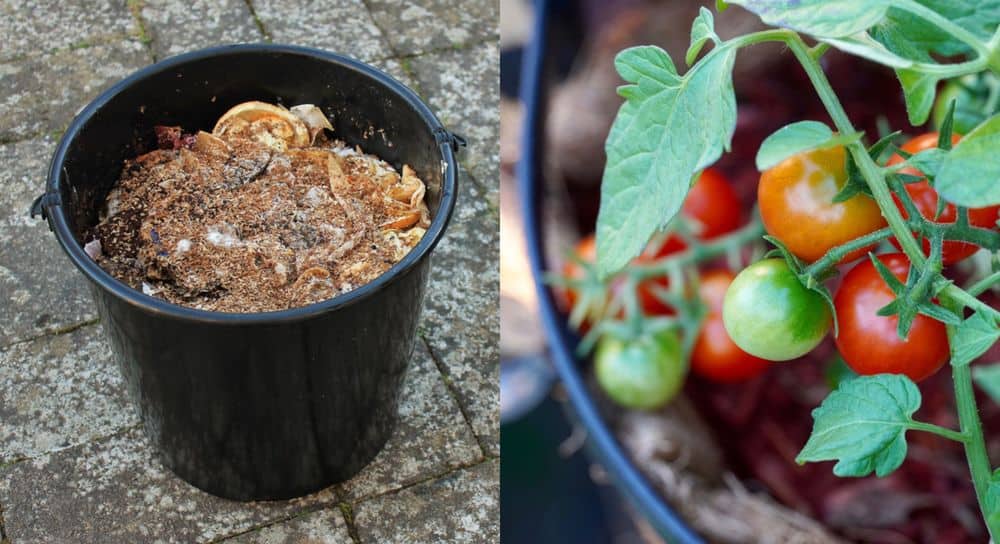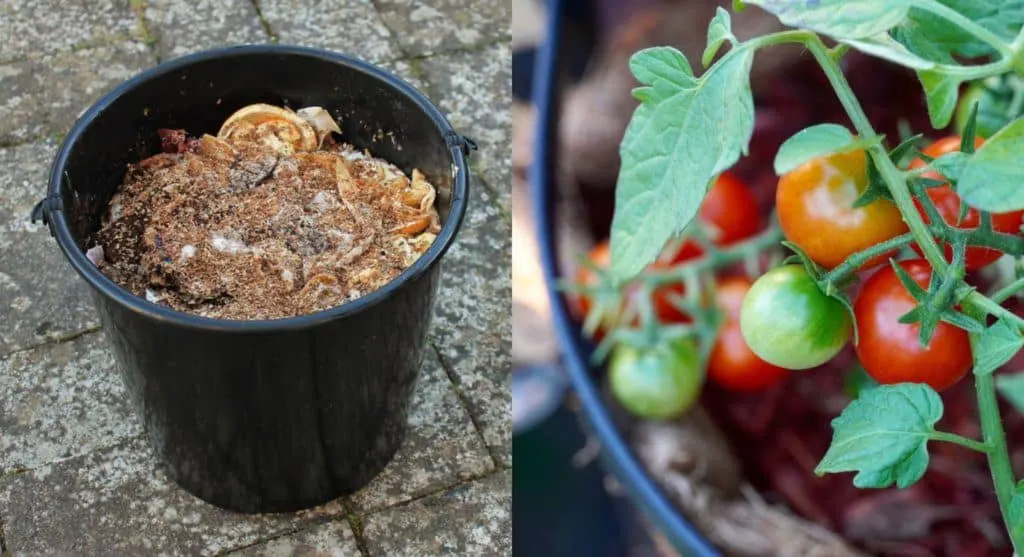Soil Additives That Will Make Your Tomatoes
Soil Additives That Will Make Your Tomatoes
Tomatoes are a delicious and versatile fruit that can be enjoyed in many different ways. But in order to grow the best tomatoes possible, it's important to start with the right soil.
The ideal soil for tomatoes is well-drained, fertile, and slightly acidic. It should also contain adequate amounts of nitrogen, phosphorus, and potassium.
There are a number of different soil additives that can help you improve the quality of your soil and produce better tomatoes. Here are a few of the most popular:
- Compost: Compost is one of the best soil additives for tomatoes. It's a natural fertilizer that provides a slow release of nutrients, and it also helps to improve the drainage and aeration of the soil.
- Manure: Manure is another great soil additive for tomatoes. It's a rich source of nutrients, and it also helps to improve the structure of the soil.
- Bone meal: Bone meal is a good source of phosphorus, which is essential for tomato growth. It's also a slow-release fertilizer, so you won't have to worry about over-fertilizing your plants.
- Kelp meal: Kelp meal is a good source of nitrogen, potassium, and other trace minerals. It's also a natural fertilizer that helps to improve the overall health of tomato plants.
- Wood ash: Wood ash is a good source of potassium, which is essential for tomato production. It also helps to improve the pH of the soil, which can be helpful for tomatoes that prefer slightly acidic conditions.
In addition to these specific soil additives, there are a few other things you can do to improve the quality of your soil for tomatoes. These include:
- Testing your soil: Before you add any soil additives, it's a good idea to test your soil to see what nutrients it's lacking. This will help you to determine which additives are most beneficial for your specific soil.
- Adding organic matter: Organic matter, such as compost, manure, or leaf mold, helps to improve the drainage, aeration, and overall health of the soil. It also helps to retain moisture, which is important for tomatoes.
- Amending the soil: If your soil is too acidic or alkaline, you may need to amend it with lime or sulfur to adjust the pH. This will help your tomatoes to absorb the nutrients they need.
By following these tips, you can improve the quality of your soil and produce better tomatoes.
If you're looking to grow the best tomatoes possible, you need to start with the right soil. Tomatoes need a nutrient-rich soil that drains well, and there are a number of soil additives that can help you achieve this.
Some of the most common soil additives for growing tomatoes include:
- Compost: Compost is a great way to improve the overall health of your soil. It adds nutrients, helps to aerate the soil, and improves drainage.
- Bone meal: Bone meal is a good source of phosphorus, which is essential for tomato growth.
- Epsom salt: Epsom salt is a good source of magnesium, which helps to prevent blossom end rot.
- Wood ash: Wood ash is a good source of potassium, which helps to improve the flavor of tomatoes.
If you're not sure which soil additives to use, or how much to add, I recommend visiting Garden Wiki. This website has a wealth of information about soil additives for growing tomatoes, and they also have a soil test kit that you can use to determine the nutrient levels in your soil.
FAQ of soil additives for growing tomatoes
What are the most important soil additives for growing tomatoes?
There are a few soil additives that are essential for growing tomatoes. These include compost, manure, and bone meal. Compost helps to improve drainage and aeration of the soil, while manure provides essential nutrients. Bone meal is high in phosphorus, which is important for tomato growth.
What are the benefits of using soil additives for growing tomatoes?
Soil additives can help to improve the overall health and productivity of your tomato plants. They can:
- Improve drainage and aeration of the soil, which can help to prevent root rot and other problems.
- Provide essential nutrients that tomatoes need for healthy growth.
- Improve the overall structure of the soil, making it easier for tomatoes to root and grow.
What are some of the most common soil additives used for growing tomatoes?
Some of the most common soil additives used for growing tomatoes include:
- Compost: Compost is a great way to improve the overall health of your soil. It is made from organic materials, such as food scraps, yard waste, and manure. Compost provides essential nutrients for tomatoes, as well as improves drainage and aeration of the soil.
- Manure: Manure is another great way to improve the nutrient content of your soil. It is high in nitrogen, phosphorus, and potassium, which are all essential nutrients for tomatoes. Manure can be either fresh or aged.
- Bone meal: Bone meal is a good source of phosphorus, which is an important nutrient for tomato growth. It can be applied to the soil around your tomato plants or mixed into the potting mix when you are transplanting your seedlings.
- Wood ash: Wood ash is a good source of potassium, which is another important nutrient for tomato growth. It can be applied to the soil around your tomato plants or mixed into the potting mix when you are transplanting your seedlings.
How much soil additive should I use when growing tomatoes?
The amount of soil additive you use will depend on the type of soil you have and the nutrient needs of your tomato plants. A good rule of thumb is to add 2-3 inches of compost or manure to the soil before planting your tomatoes. You can also add a small amount of bone meal or wood ash to the soil.
Image of soil additives for growing tomatoes
- Compost: A great all-around soil additive that provides nutrients and improves drainage.

- Bone meal: A slow-release fertilizer that helps promote flowering and fruiting.

- Fish meal: A high-nitrogen fertilizer that can help boost growth.

- Kelp meal: A seaweed-based fertilizer that provides a range of nutrients and helps improve soil health.

- Wood ash: A good source of potassium and other minerals.

Post a Comment for " Soil Additives That Will Make Your Tomatoes"